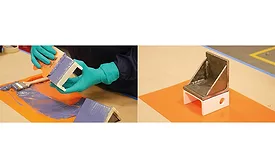Home » adhesives in automotive
Articles Tagged with ''adhesives in automotive''
Assemble, Automate, and Accelerate at the 2023 ASSEMBLY Show
The ASSEMBLY Show promises engineers and manufacturing executives an in-depth look at the latest innovation in assembly technology.
October 13, 2023
Strengthening the Bond with Structural Adhesives
Two-component, solvent-free epoxy adhesive material provides high adhesion to metallic substrates while also withstanding high movement or cyclic fatigue.
August 18, 2023
Adhesives and Sealants for Hydrogen-Based Fuel Cell Assembly
As demand for hydrogen-based fuel cells increases, sealants and adhesives play a crucial role in providing reliable sealing that facilitates automated production.
July 20, 2023
Keep the info flowing with our newsletters!
Get the latest industry updates tailored your way.
JOIN TODAY!Copyright ©2026. All Rights Reserved BNP Media.
Design, CMS, Hosting & Web Development :: ePublishing


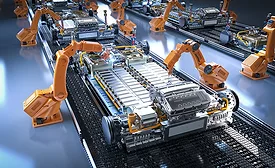

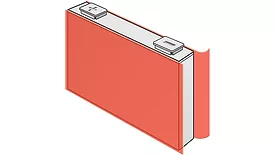
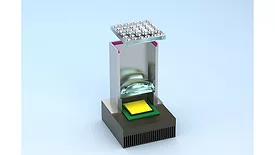
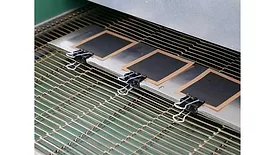
.webp?height=168&t=1709670950&width=275)
